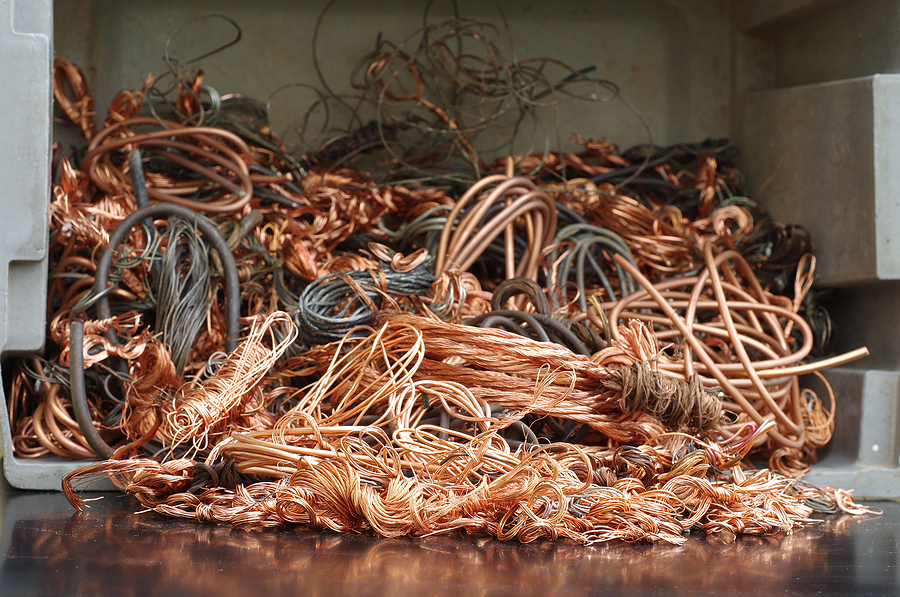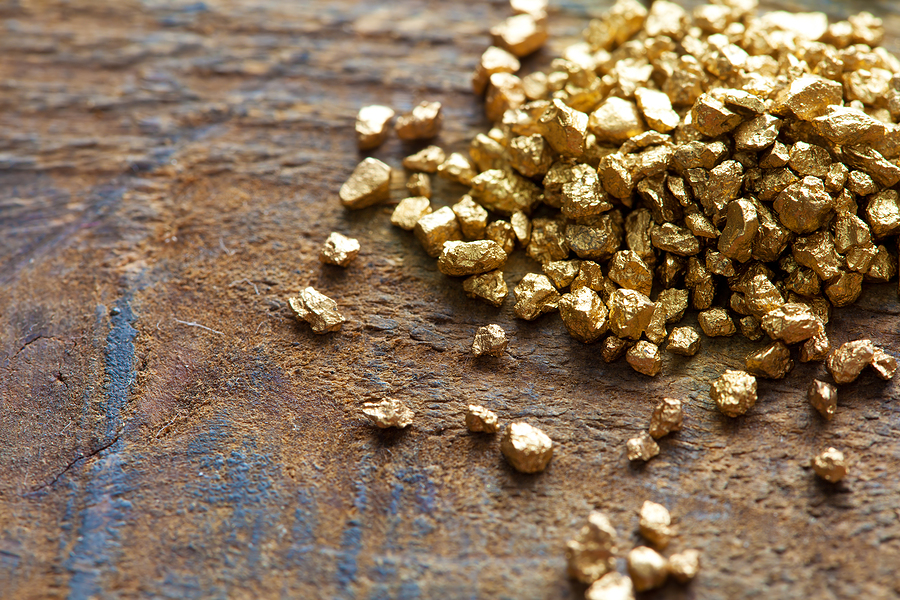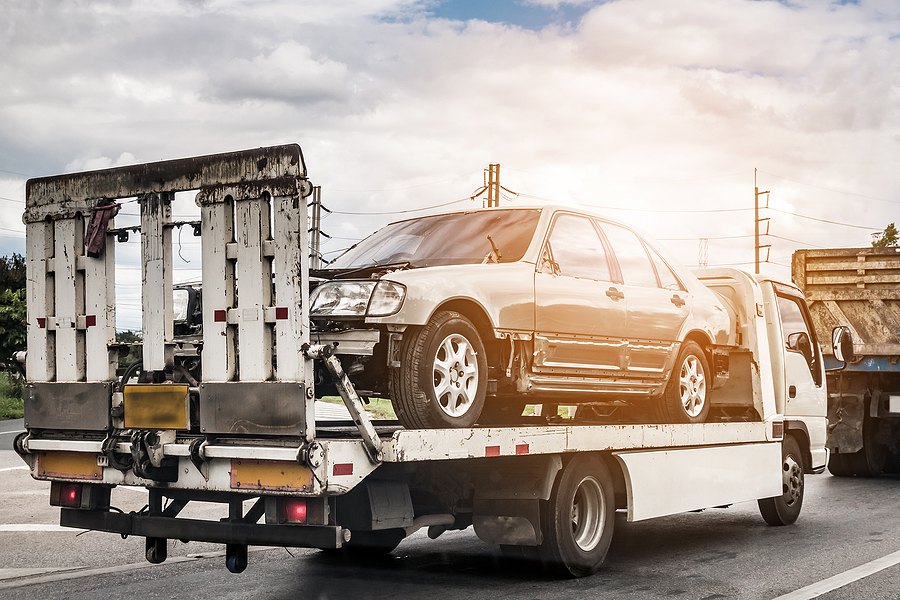You might look at a rusted appliance, a pile of old copper wiring, or a broken-down vehicle and see nothing but clutter. However, to a scrap metal recycler, that “junk” represents a valuable commodity. Discarded metal is a resource that can be transformed, reused, and reintroduced into the manufacturing cycle, often putting cash directly into your pocket in the process.
Navigating the world of scrap metal recycling can feel intimidating if you are unfamiliar with the industry. Prices fluctuate daily, different metals command vastly different rates, and knowing how to prepare your materials can significantly impact your payout. Yet, understanding the basics of scrap metal value is a smart financial move for homeowners, contractors, and business owners alike.
This guide provides a comprehensive look at how scrap metal is valued, how to identify what you have, and the steps you can take to ensure you receive the best possible return for your materials.

Factors That Influence Scrap Metal Prices
Much like the stock market, scrap metal prices are not static. They change frequently—sometimes daily—based on a variety of global and local economic factors. Understanding these variables can help you time your visit to the scrap yard for the best possible return.
Supply and Demand
The most significant driver of price is the global supply and demand for raw materials. When manufacturing industries are booming and construction projects are active, the demand for steel, copper, and aluminum rises. If the supply of new, virgin ore is low or expensive to mine, manufacturers turn to scrap metal as a cost-effective alternative, driving up the price recyclers are willing to pay.
Market Commodities
Scrap metal is a globally traded commodity. International trade policies, tariffs, and the economic health of major importing countries all play a role. For instance, if a major manufacturing nation reduces its import of scrap metal, domestic surpluses may increase, causing local prices to drop.
Location and Transportation
Your geographic location matters. Scrap yards must transport the metal they buy to processing facilities or mills. If a scrap yard is located far from these end-users, their transportation costs are higher, which may result in lower payout rates for the seller. Conversely, yards located near major ports or mills often offer more competitive pricing.
Quality and Quantity
Recyclers prefer bulk quantities and clean materials. Bringing in a truckload of metal is often more efficient for a yard to process than a single bag, which might earn you a slightly better rate. Furthermore, “clean” metal—material free of plastics, insulation, or other contaminants—is always worth more than “dirty” metal that requires extra labor to process.
Distinguishing Between Ferrous and Non-Ferrous Metals
To estimate the value of your haul, you must first understand the two primary categories of scrap metal: ferrous and non-ferrous. The difference in value between these two groups is substantial.
Ferrous Metals
Ferrous metals contain iron. They are generally strong, durable, and used in housing, large-scale piping, automobiles, and appliances. Because ferrous metals are so common and easier to recycle in bulk, they typically command a lower price per pound.
Common examples include:
- Cast iron skillets or bathtubs
- Wrought iron fences
- Steel beams and construction scraps
- Old automobiles
- Major household appliances (washing machines, refrigerators)
Non-Ferrous Metals
Non-ferrous metals do not contain iron. These materials are highly resistant to rust and corrosion, making them incredibly desirable for manufacturing. Because they are scarcer than iron-based metals, they are significantly more valuable by weight.
Common examples include:
- Copper: Found in plumbing pipes, electrical wiring, and roofing accents. This is often the most valuable scrap metal commonly found in households.
- Aluminum: Found in soda cans, siding, gutters, and window frames.
- Brass: Found in door handles, light fixtures, keys, and plumbing valves.
- Stainless Steel: While it contains some iron, certain grades of stainless steel are treated as non-ferrous due to their nickel content and value. found in kitchen sinks and cookware.
How to Identify Your Metal
You do not need a degree in metallurgy to identify what is in your scrap pile. The most effective tool for identification is something you likely already have on your refrigerator: a magnet.
The Magnet Test
Place a magnet against the metal.
- If the magnet sticks: You have a ferrous metal (steel or iron). It will be worth less per pound, but usually accumulates in higher weights.
- If the magnet does not stick: You have a non-ferrous metal (copper, aluminum, brass, etc.). These should be separated carefully, as they are your high-ticket items.
Visual Cues
Once you have separated the non-magnetic items, look at the color and texture.
- Copper: distinct reddish-orange color. If the copper is old, it may have a green patina.
- Brass: Yellowish, similar to gold, but often used for hardware and valves.
- Aluminum: Light silver or grey color. It is lightweight and does not rust.
Contact Us for a Free Scrap Metal Offer in Indy ✅
Finding a Reputable Scrap Yard
Not all scrap yards operate with the same standards. Finding a trustworthy buyer is essential for a fair transaction.
Start by searching for local scrap metal recycling centers and reading customer reviews. Look for businesses that are transparent about their pricing. While many yards do not publish daily prices online due to market fluctuations, a reputable metal recycling facility should be willing to give you a rough estimate over the phone if you can describe your material accurately.
When you arrive, observe the facility. A professional operation will have clear signage, organized drop-off zones, and certified scales. The scale readout should be visible to you during the weighing process. Transparency at the scale is the hallmark of an honest recycler.
Strategies to Maximize Your Profits
If you dump a mixed box of metal onto the scale, the yard will likely grade the entire load as the lowest-value material present. To get the most money for your effort, a little preparation goes a long way.
Separate Your Load
Never mix ferrous and non-ferrous metals. If you have a bucket of copper wire mixed with steel screws, the buyer may pay you the steel price for the whole bucket. Separate everything by type before you leave home.
Clean Your Metal
“Cleaning” in the scrap industry does not mean washing with soap and water. It means removing contaminants.
- Strip Copper Wire: Insulated copper wire pays decent money, but “bare bright” copper wire (wire with the plastic insulation stripped off) pays significantly more.
- Remove Attachments: If you have an aluminum window frame with steel screws attached, remove the screws. This upgrades the aluminum from “dirty” to “clean.”
- Drain Fluids: If you are scrapping car parts or engines, ensure all oil and fluids are drained. Many yards will refuse parts that are leaking fluids due to environmental regulations.
Protect Your Scrap
While scrap metal is durable, severe corrosion can decrease value. If you are stockpiling steel over a long period, try to keep it covered. Excessive rust reduces the weight of the actual metal vs. the oxide, which can affect the final price.
The Environmental Impact of Recycling
While the financial incentive is compelling, the environmental benefits of scrapping are equally significant. Recycling metal reduces the need for invasive mining projects, which destroy habitats and consume vast amounts of water and energy.
Recycling utilizes far less energy than producing new metal from virgin ore. For example, recycling aluminum saves approximately 95% of the energy required to make the same amount of aluminum from its raw source, bauxite. By selling your scrap, you are actively participating in a circular economy that conserves natural resources and reduces the volume of waste sent to landfills.
Turn Your Metal Waste into Opportunity
Understanding scrap metal value turns a chore into an opportunity. By recognizing the difference between ferrous and non-ferrous materials, monitoring market factors, and taking the time to separate and clean your metals, you can maximize your return on investment. Whether you are clearing out a garage, managing a construction site, or simply looking to be more eco-conscious, scrap metal recycling is a practical solution with tangible rewards.
If you are looking for a fair, transparent, and professional recycling partner in Indiana, look no further. Contact Zore’s in Indianapolis and Lebanon to recycle your scrap metal today and turn your unwanted materials into cash.
Related Post: Information About Indiana Scrap Metal Prices









